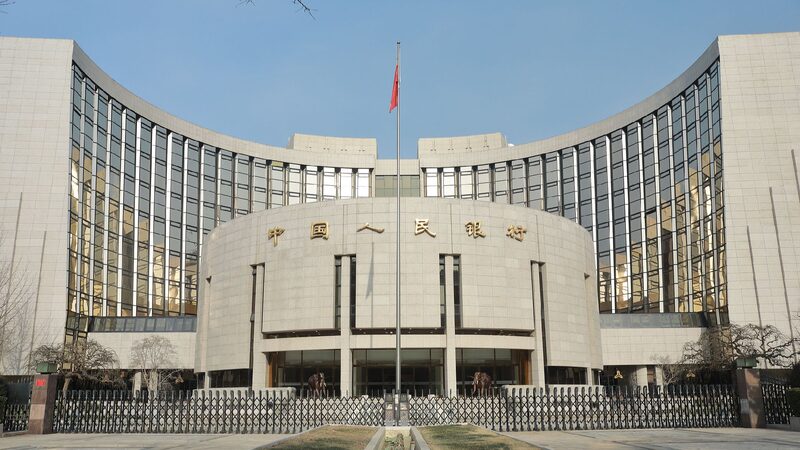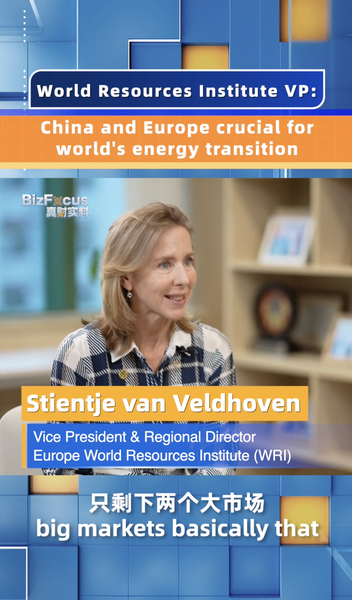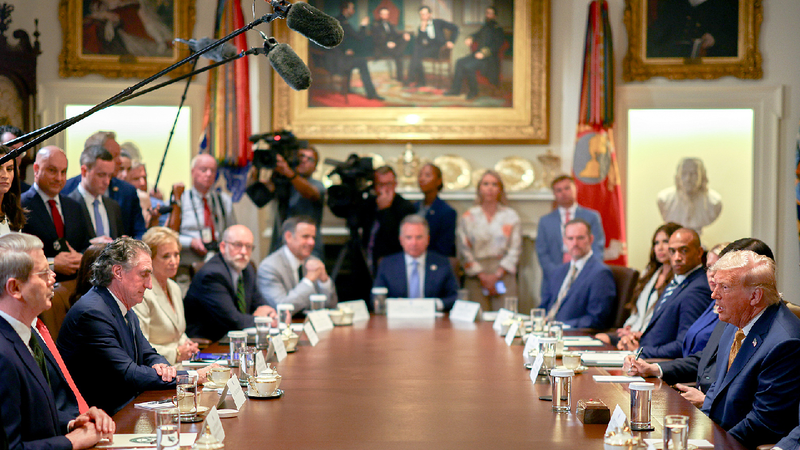Hey there! Have you ever wondered how countries keep their money safe and strong? 🌟 Well, China is working hard to make sure their money, called the yuan, stays stable and balanced. Let’s find out how! 💰
What’s Happening?
China’s big financial helpers, like the People’s Bank of China (PBOC) and the State Administration of Foreign Exchange (SAFE), are taking steps to keep the yuan steady. They want to make sure that the value of the yuan doesn’t go up and down too much. 📈📉
Why Is This Important?
When a country’s money is stable, it helps people and businesses feel confident. It makes it easier to trade with other countries and keeps the economy healthy. 🌍🤝
How Are They Doing It?
China is doing a few things:
- Watching the Market: They are keeping an eye on how people are buying and selling money to make sure everything is okay. 👀
- Fixing Problems: If they see any trouble, they’ll step in to help fix it. 🛠️
- Changing Numbers: They raised something called the “macro-prudential adjustment parameter” from 1.5 to 1.75. 🤓
Wait, What’s a “Macro-Prudential Adjustment Parameter”? 🤔
Great question! It’s like a rule that tells how much money banks and companies can borrow from other countries. By changing this number, China is allowing them to get more money from outside. This helps businesses grow and keeps the economy strong! 🚀
China Is Confident!
The governor of the PBOC, Pan Gongsheng, said that China has the confidence and ability to keep the foreign exchange market running smoothly. That’s good news! 😊
Why Should You Care?
Even though you might not be dealing with money markets yet, it’s important to know how countries work to keep their economies healthy. Who knows, maybe one day you’ll be a financial expert too! 💡
Thanks for reading! Keep learning and stay curious! 📚✨
Reference(s):
China moves to stabilize yuan, expands cross-border financing
cgtn.com




